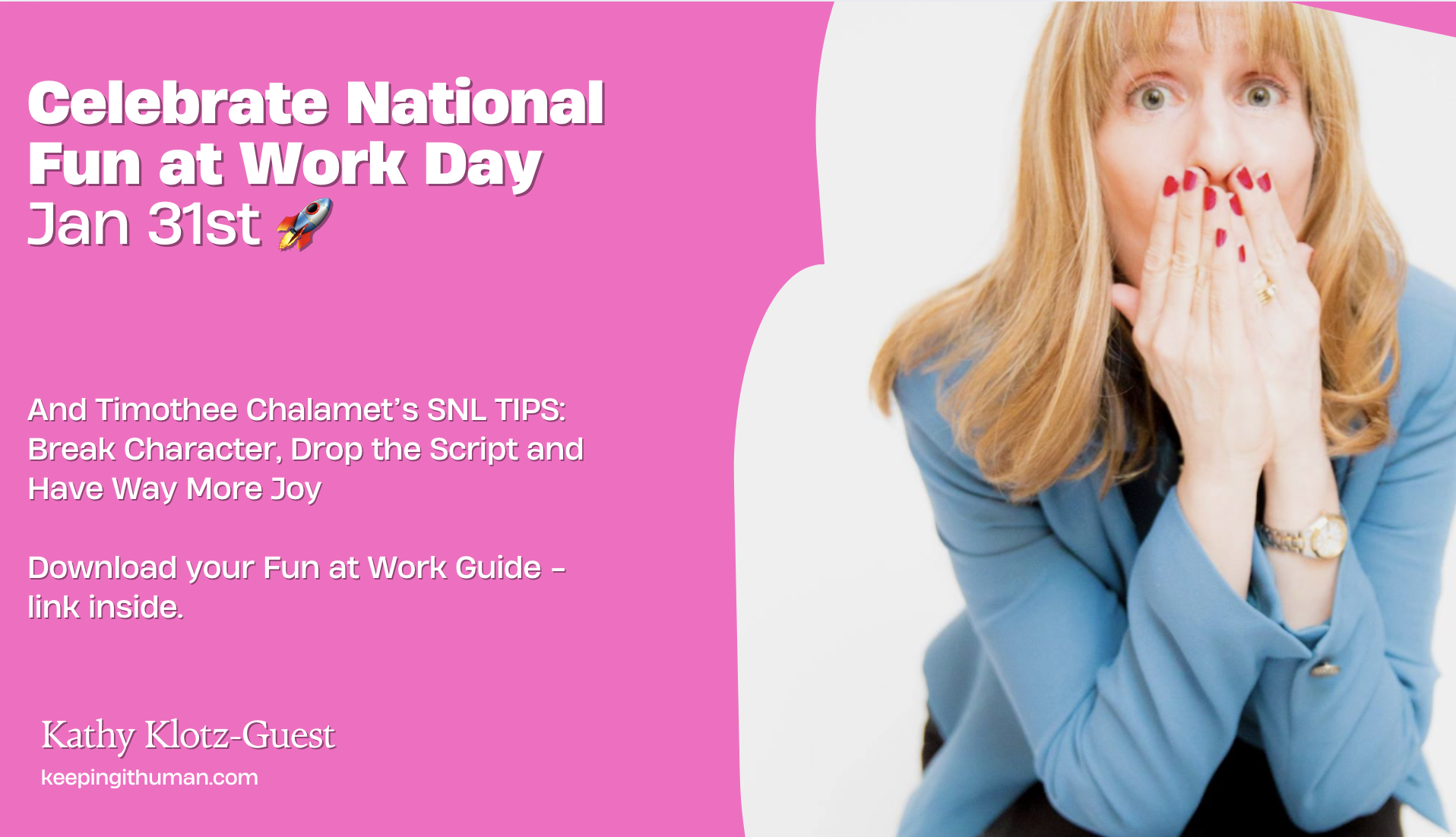New media like any set of new technologies has plenty of jargon, let’s face it. And sadly, it’s precisely this kind of buzzword bingo that does marketers and their customers a huge disservice. New media buzzwords sound like the empty, substance-free rhetoric we hear from politicians – it may sound interesting, but they’re not saying anything. Jargon only masks the fact that many of these marketers and their targets don’t understand the conversation. And how can they? Real people with real needs don’t talk like that! Jargon gets between you and your audience and ends up like a bad restaurant experience – in that no one is really served well.
One site that has been making the rounds – and I’ve been contacted with the link several times – is a site called, “What the F— Is My Social Media Strategy.” Its mission is “making it up so you don’t have to.” The site mixes up social media nouns and verbs to create pitches “you can BS your clients with.”
Funny? Absolutely. Entertaining? No question. Sad commentary on the state of social media marketing? Unequivocally, yes. Therein lies the rub.
Where there’s jargon, there will always be parody. It’s that simple. Parody is a way of making sense of complexity, of navigating the absurd and trying to find a way to cut through the “noise.” Parody is a great thing – yes, it’s fun. More importantly, it’s a mirror and barometer for how we’re doing as marketers – of how clearly (or not) our messages are getting through. Jargon, like any noise, makes it that much more difficult to achieve clarity. But buzzwords are great feedback. Parody tells us when we’ve reached an inflection point where conversation has become “run off” and that continuing to converse in the same old non-human, unnatural way further erodes company thought leadership and credibility. It’s bad enough when you do a Google search for social media expert, everyone and their dog surfaces, now add to that the lack of clear conversation about the use of tools to ENABLE REAL CONVERSATION. See the huge irony? Like a recursive argument, the nuttiness almost collapses in on itself. Like a big black hole of shame.
Jargon has not only permeated our social consciousness, but also, like a bad drug reaction, it’s left us unable to communicate clearly. When parody reaches the same viral status, it’s an undeniably fun (no argument from me), but unmistakably clear message that we, as marketers, need to do a better job communicating and stop the insanity (not the fun, just the jargon-laden BS). Really folks – would you take someone seriously that talked like that to you?


